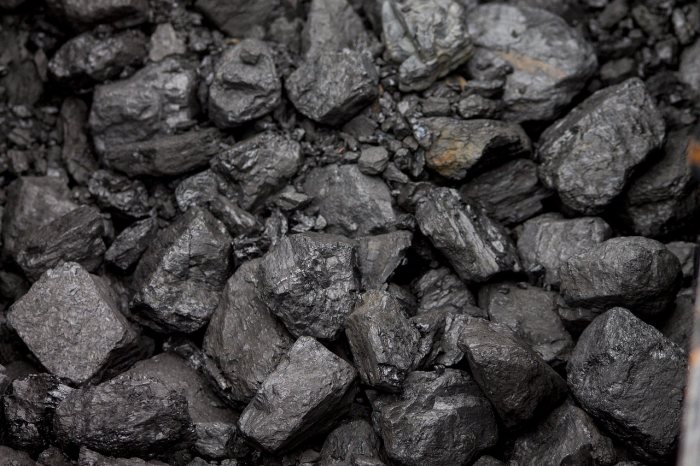
Image: benscherjon
One of the USA’s leading research universities, Johns Hopkins, has hopped on the coal divestment bandwagon after ongoing pressure from a student group.
The institution’s board voted last week to direct the University to stop buying the stocks and bonds of companies that produce coal for electricity generation as a major part of their business, and to sell off any current investments it directly owns those companies.
It’s only the third time in the University’s history, which dates back to 1876, that the trustees have forbidden a particular type of investment based on broad social concerns. The other two occasions occurred in the 1980’s in relation to companies operating in South Africa during its apartheid era and in 1991 in connection with tobacco related investments.
“In taking this rare step, the trustees determined that thermal coal poses a unique threat to public health and to the environment,” said Ronald J. Daniels, president of the university.
An estimate puts the annual premature human death toll from burning coal at 800,000 – just through air pollution.
The university says the divestment decision aligns with efforts it has undertaken since announcing a commitment in 2010 to cut carbon emissions by 2025 to less than half of projected levels. Part of that effort saw solar panels installed on the rooftops of seven buildings at its Homewood and East Baltimore campuses in 2012, which generate close to 1 million kilowatt-hours of clean electricity each year.
Student organization Refuel our Future played a significant role in the divestment direction.
While pleased with the decision, the group says it doesn’t go far enough – it had proposed Johns Hopkins divest from all Carbon Underground 200 companies; a list of the top 100 coal and the top 100 oil and gas publicly-traded reserve holders globally.
“In fact this divestment strategy is minimum at best,” says Refuel our Future. “Continued investment in fossil fuel industries is a contradiction of everything that our community believes in and everything that our institution stands for.”
The fossil fuel divestment movement, which originated with universities, has been picking up steam. A report published in August stated 113 universities worldwide have made pledges related to fossil fuel divestment representing £80 billion (around AUD $140.7 billion) in investment value.
Here in Australia, Queensland University of Technology committed to divesting its fossil fuel shares last year, the first university in the state to do so. Monash University, Australian National University and Swinburne have also directed fund managers to divest from fossil fuel exposed companies to varying degrees.
Beyond universities, divestment from coal and other fossil fuel companies has grown in popularity with other institutions and individual investors around the world, hitting USD $5.58 trillion value according to GoFossilFree.

 RSS - Posts
RSS - Posts



This is good news, but you got the name of the university wrong. It is Johns Hopkins, not John Hopkins. (And not John S Hopkins, either.)
https://en.wikipedia.org/wiki/Johns_Hopkins_University
Eek! Thanks for the heads-up. How silly of me – will fix.